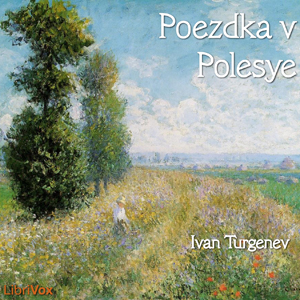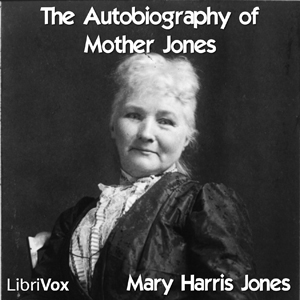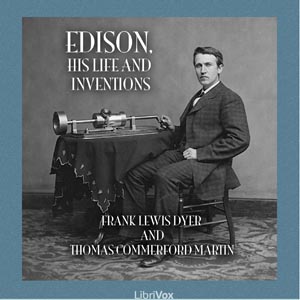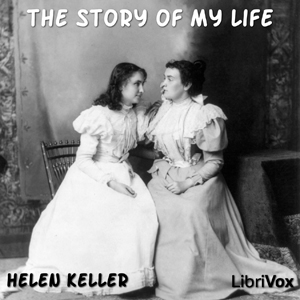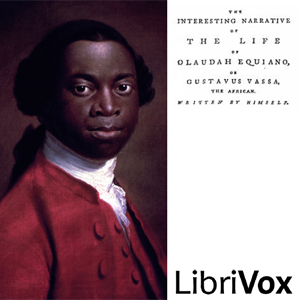- Introductory Note and The Prologue
- Part One-Earning the King's Trust
- Part Two - His Household
- Part Three - Being an Ambassador, Attending to Westminster, Repairing to the court in Greenwich
- Part Four - The King's Visit to the Cardinal
- Part Five - Wolsey intervenes to stop Anne Boleyn and Lord Percy's plans
- Part Six - Anne’s Grudge against the Cardinal develops
- Part Seven - The Cardinal moves the King to attack France
- Part Eight – A plot against the Cardinal succeeds in having him lead an “ambassy” to the Pope
- Part Nine – Wolsey meets the French King but disagreements surface among courtiers
- Part Ten – The Cardinal writes to his King and attends a boar hunt with the French King
- Part Eleven – The Cardinal suffers Divers Displeasures and leaves for England
- Part Twelve – French noblemen, the Cardinal and the King proclaim perpetual peace and amity. The Cardinal and the King hold sumptuous banquets.
- Part Thirteen – The French delegates return home, the King tells the Cardinal he wants to marry Anne Boleyn and to secure the Pope’s indulgence. The Cardinal organizes a commission to study the request and approach the Pope.
- Part Fourteen – The Cardinal convenes a Court to consider the King’s marital plea. The Queen leaves and refuses to return.
- Part Fifteen – The King orders Wolsey to encourage the Queen to accept his plea, she refuses and Wolsey’s fellow Cardinal Campeggio announces he will make no judgement until the Pope’s mind is known.
- Part Sixteen – The Cardinal learns of the King’s displeasure, but meets with him in secret talks, to be continued the next day.
- Part Seventeen – The King demands the Cardinal’s ouster from office as Chancellor of England.
- Part Eighteen – The Cardinal is assured that the King thinks well of him but the Cardinal laments his inability to reward his servants. Thomas Cromwell strongly encourages the Cardinal’s chaplains to donate funds for the Cardinal’s servants.
- Part Nineteen - The King sends a messenger with word of his support and love for the Cardinal, but members of Parliament accuse the Cardinal of Treason, against which Thomas Cromwell strenuously argues.
- Part Twenty – The Lord of Norfolk assures Wolsey of the King’s love and support but Master Shelley arrives with the King’s demand for Wolsey’s house, York Place.
- Part Twenty-One – Wolsey falls dangerously ill and the King commands his doctors to cure him. Cromwell works to sidetrack Wolsey’s enemies.
- Part Twenty-Two – Wolsey recovers but his council enemies continue to conspire against him.
- Part Twenty-Three - Cromwell succeeds in obtaining a grant from the king, allowing the Cardinal to afford to begin his move, as requested, to his benefice of York. Wolsey visits various abbeys and chapels on his journey.
- Part Twenty-Four - Wolsey continues his journey to York, meeting various noblemen, some of whom try, unsuccessfully, to have him join them in a hunt. Wolsey contrives to fool them by leaving early for his next destination.
- Part Twenty-Five – Wolsey meets with the York church leaders who inform him he must follow the church rules for his investiture. Wolsey asks to see the written rules and agrees to comply. Meanwhile, unknown to him, area noblemen and others gather the makings of a sumptuous feast in his honor. He is secretly arrested.
- Part Twenty-Six – The Cardinal’s enemies convince the King to have him arrested for treason. The Earl of Northumberland and Master Walshe are sent to arrest him. Wolsey falls into a great depression.
- Part Twenty-Seven – Under Northumberland’s control, Wolsey travels to Sheffield Park where he convinces the Earl of Shrewsbury to write to the King, asking for an audience with the Cardinal so he can confront his accusers. The Cardinal hears that the constable of the Tower, Sir William Kingston, has arrived.
- Part Twenty-Eight – Wolsey is assured that Sir Kingston has been assigned by the King to bring him safely to him. Wolsey takes sick and is close to death.
- Part Twenty-Nine – Wolsey, declining fast, demands meat to sustain him. Sir Kingston hears Wolsey’s passionate plea to resist and destroy the Lutherans, to save the king and the Church. As he prophesied the day before, Wolsey passes at 8 in the morning.
- Part Thirty – The Cardinal is buried, the King assures the Cardinal’s servant (the author, George Cavendish) that he will receive his back wages plus a reward, horses and a cart in honor of his service to the Cardinal. The King also places Cavendish among his close servants.
Thomas Wolsey was an English statesman and Catholic bishop. His appointment as a cardinal by Pope Leo X in 1515 gave him precedence over all other English clergy.
Henry VIII's passion for Anne Boleyn and his consequent rejection of his wife Catherine of Aragon resulted in Henry's push for a wedding annulment. As the king's chief adviser and Lord Chancellor, Cardinal Wolsey failed to negotiate an annulment of Henry's marriage to Catherine. He fell out of favour and was stripped of his government titles.
George Cavendish was Cardinal Wolsey's "Gentleman Usher".
The intrinsic value of Cavendish's Life of Cardinal Wolsey has long been perceived, for it is the sole authentic record of a multitude of events highly important in a particularly interesting section of the history of England. Cavendish has been recognized as the earliest of the great English biographers. He writes with simplicity and vividness, rarely yielding to the rhetoric which governed the ordinary prose of his age. Shakespeare is said to have used this work as the basis for his play "Henry VIII".
Note: Latin passages recorded by Kazbek.
(Summary by Wikipedia & John Greenman)
Henry VIII's passion for Anne Boleyn and his consequent rejection of his wife Catherine of Aragon resulted in Henry's push for a wedding annulment. As the king's chief adviser and Lord Chancellor, Cardinal Wolsey failed to negotiate an annulment of Henry's marriage to Catherine. He fell out of favour and was stripped of his government titles.
George Cavendish was Cardinal Wolsey's "Gentleman Usher".
The intrinsic value of Cavendish's Life of Cardinal Wolsey has long been perceived, for it is the sole authentic record of a multitude of events highly important in a particularly interesting section of the history of England. Cavendish has been recognized as the earliest of the great English biographers. He writes with simplicity and vividness, rarely yielding to the rhetoric which governed the ordinary prose of his age. Shakespeare is said to have used this work as the basis for his play "Henry VIII".
Note: Latin passages recorded by Kazbek.
(Summary by Wikipedia & John Greenman)
There are no reviews for this eBook.
There are no comments for this eBook.
You must log in to post a comment.
Log in




